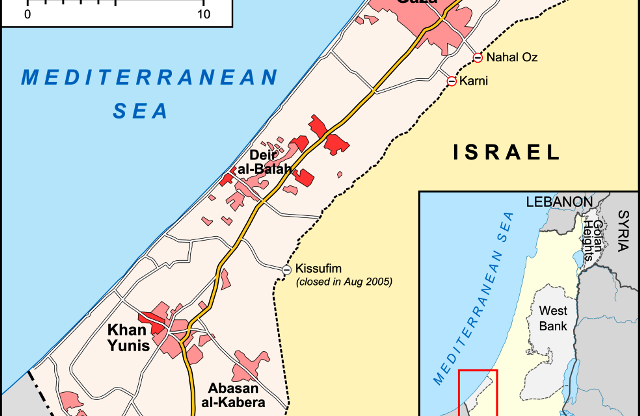UN emergency aid chief Martin Griffiths on Monday expressed deep concern about the worsening humanitarian crisis in Gaza and the fate of the Israeli hostages while anticipating “good news” on aid access to southern Gaza from Egypt.
“We are living in the worst times. The first thing I want to highlight is the unacceptable and illegal act of taking hostages from Israel, many of whom are children, women, old and sick people, and keeping them hidden in Gaza against some future eventuality. They must be released immediately.
Number two: the response to this shameful act also includes the humanitarian rules of war. You cannot ask people to move away from danger without helping them to do so, to go to places of their choice where they want to be safe, and with the humanitarian aid they need to make the journey safely.
At this time, the movements that have occurred have not had these provisions and must have them; hospitals are running out of fuel, and they’re running out of supplies in the north. People cannot move without help.
Number three: we need access to help. We are in deep discussions with the Israelis, with the Egyptians and with others, aided greatly by Secretary Blinken in his trips to the region. And I hope to hear some good news this morning about the possibility of getting aid through Rafah, one of the crossing points but an important one, into Gaza to help the million people who have moved south and those who already live there. So, rules of war, aid, access.
Tomorrow I will personally travel to the region to try to contribute to the negotiations, to witness and express solidarity with the extraordinary courage of the thousands of humanitarian workers who have stayed the course and who are still there helping the people of Gaza and of the West Bank.
And I want to leave you with one final reflection. History tells us that an act of war has consequences that are often not considered when people engage in those acts of war. We’ve seen this movie too often already.
We must be concerned with creating a situation – however absurd it may seem at the moment – in which Israelis and Palestinians can live as neighbors, as friends, and ideally, certainly as interlocutors, without needing to teach each other lessons through war. Thank you”










